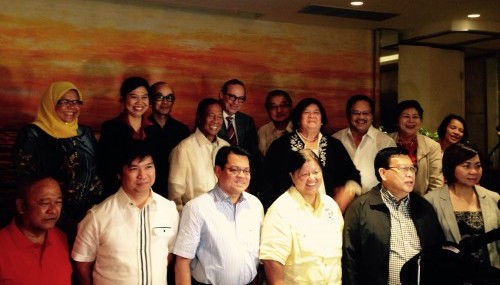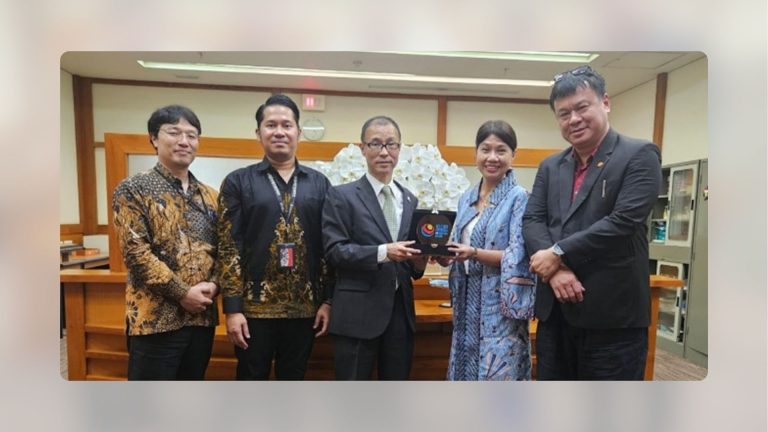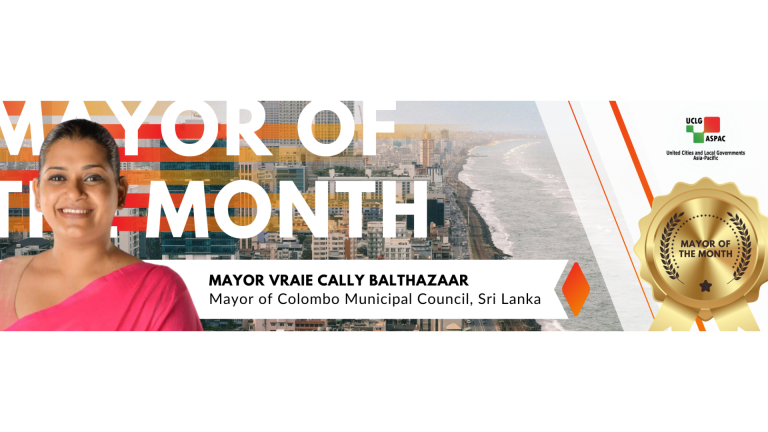THE two-day interactive conference on Public Space and Partnerships in the New Urban Agenda ends on a high note as city mayors led by LCP National Vice-Chairman and Balanga City Mayor Joet Garcia, Seberang Prai City Mayor Maimunah Mohd Sharif, city planners, and representatives from the Housing and Urban Development Coordinating Council (HUDCC) signed the Declaration on Philippine Cities Network on Public Space at Hotel Jen in Pasay City on 28 February 2015. The declaration expresses the strong and clear commitment of city mayors and various partners towards the establishment of green, safe, inclusive, accessible, and interconnected public spaces.
Designed to strengthen existing national network of cities in the Philippines to work on public spaces, the conference gathered 50 local and international urban planners and decision makers to discuss strategies and share insights in building good public spaces. In highly urbanizing cities in Asia, that is no easy feat but, the keynote speeches delivered by HUDCC Chairman and Philippine Vice-President Jejomar C. Binay and UN HABITAT Head of External Relations Mr. Thomas Melin provided inspiration to participants.
Public spaces
Philippines VP Binay underscored the key roles that city mayors play in managing urbanization. He shared that there is more to public spaces than what various definitions provide. “It is important for city mayors, therefore to balance growth with their desire to design and build more sustainable and liveable urban systems,” VP Binay said.
On the other hand, Mr. Melin shared the benefits of good public spaces. He said that inclusive, healthy, and safe public spaces promote social cohesion which, in turn builds a sense of community and civic identity. “Even small investments in public spaces provide significant returns as it boosts the well-being of people living in cities,” he added.
The message delivered by United Cities and Local Governments-Asia Pacific (UCLG-ASPAC) Secretary General emphasized three key considerations in designing public spaces. Mayors and planners should address the issue of quality, quantity and users of public space.
Public spaces such as public, she said, must entice social interaction, while public transportation must be prioritized over private vehicles in designing roads because the former carries more people. Pasay City Mayor Antonino G. Calixto shared that despite the challenges brought about by urbanization, cities must find innovative solutions to ensure the well-being of urban dwellers.
Urban planning experts and practitioners provided overviews of national and global trends on urbanization.
Dean Mario Delos Reyes of University of the Philippines-School of Urban and Regional Planning, expounded on the opportunities and challenged on urbanization at the global level. Housing and Land Use Regulatory Board Commissioner Atty. Linda Malenab-Hornilla recommended establishing partnerships to solve the challenges brought about by urbanization. She said that solutions to frequent flooding or inefficient urban transport are way beyond the mandate of a specific agency that is why it is important for national government, cities, and civil society organizations to work together to address these challenges.
Best practices
The conference also provided a venue for city mayors to share their good practices in building and revitalizing public spaces with focus on financing and strategic partnerships. Angeles City Mayor Ed Pamintuan shared the revitalization efforts in Plaza Angel, while Dipolog City Mayor Evelyn Uy talked about the transformation of the city’s boulevard. Both these efforts are largely financed by public and private funds.
In similar manner, investments in public spaces in Seberang Prai, Malaysia are financed by the local government funds, central government assistance, and businesses. Mayor Maimunah Mohd Sharif thought of creative ways to finance public spaces in Seberang Prai. Apart from financing, partnerships are also important in building good public spaces. Balanga City Mayor Joet Garcia shared that organizing barangay or village assemblies facilitate partnerships with villagers while implementation of educational programs assist in forging partnerships with families.
The discussions of urban planning experts and the sharing of good practices by city mayors are envisioned to strengthen the advocacy of local governments and local authorities for the inclusion of public space in the national, regional, and global new urban agenda. It is hoped that through the Philippine Network on Public Space, the country can contribute to the global movement towards Habitat III.
The conference is jointly organized by UN-HABITAT, League of Cities, and Housing and Urban Development Coordinating Council and UCLG-ASPAC.
UCLG ASPAC will facilitate the exchange among cities and local governments of the Philippines with other countries in promoting public space and to connect them with the UCLG Committee on Urban Strategic Planning Committee.











